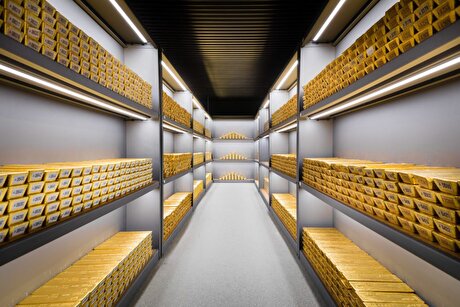
Bolivia’s Morales set for run-off, gas boom fades
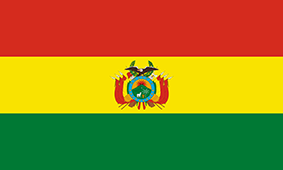
The outcome of the election is seen as a test of the regional influence of Venezuela's president Nicolas Maduro and his Bolivarian socialist revolution. Morales has remained a steadfast political ally of Maduro and his late predecessor Hugo Chavez, when much of the region has cut ties with Caracas.
Bolivia's electoral authority halted the tally late yesterday, blaming delays in receiving rural votes. The move sparked opposition accusations of tampering by Morales' ruling socialist party seeking an outright victory. The Morales campaign denied any meddling. An observer mission from the Organization of American States (OAS) called today for the electoral authority to restart the count immediately.
According to preliminary official results from nearly 84pc of the votes counted, Morales was leading with 45.3pc, while Mesa, a former president, secured 38.2pc. Seven other candidates divided the rest of the votes. To avoid a run-off, a candidate needs 50pc or 40pc with a 10-point spread over the closest opponent.
The Morales campaign is hoping to capture the rural vote to give him a fourth term. The indigenous leader first took office in 2006.
Mesa told his followers that he was confident of a run-off and that he would go on to win. The third and fourth-place candidates, with a combined 13pc, have already thrown their support behind Mesa.
Whoever prevails will inherit an economy that is growing at a respectable 3.9pc clip, well ahead of the regional average. Gas exports are the economy's mainstay.
But Bolivia's fiscal deficit has reached 8pc of GDP and foreign debt has ballooned to 25pc of GDP. Hard currency reserves have fallen to $7bn, down $13.5bn in 2014.
Gas production fell to 45.5mn m3/d in July from 53.2mn m3/d the same month last year, according to the National Hydrocarbons Agency (ANH).
Pipeline supply to Brazil shrank to 12.9mn m3/d in July, from 23.9mn m3/d a year earlier. Bolivia's state-owned YPFB's supply contract with Brazil's state-controlled Petrobras should have ended this year, but will extend to 2024 while Bolivia runs through a remaining volume commitment of around 1 Tcf.
Bolivia also exports gas to Argentina, with exports around 18mn m3/d. The Morales government has been talking with Paraguay and Peru to build pipelines to export gas.
The Mesa campaign has assured voters that he would not adopt drastic economic changes, including in the gas industry.
Jose Antonio Quiroga, national coordinator of Mesa's Citizen Community coalition, said a potential Mesa government would not devalue the currency or eliminate subsidies.
"We are not going to touch basic components of monetary and financial stability. We believe that closing gaps can be done without devaluing the currency," he said.
Quiroga said the priority would be to diversify exports beyond the fading gas boom and encourage private-sector investment.
A Mesa administration would also review some of the government's planned gas projects, including a $2bn planned polypropylene plant in the Tarija department. The Morales government had launched a tender for the plant earlier this year, but cancelled it to make contract changes.
Quiroga said investing $2bn during a period of regional economic uncertainty and to build a plastics plant while the world was moving away from plastic, did not make financial sense.
Bolivia operates a 700,000t urea plant in the Cochabamba region. It exports most of the supply to Brazil.

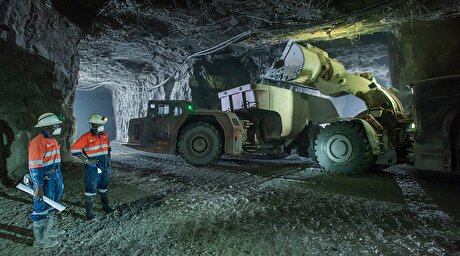
Mali to restart production at Barrick’s Loulo‑Gounkoto gold mine
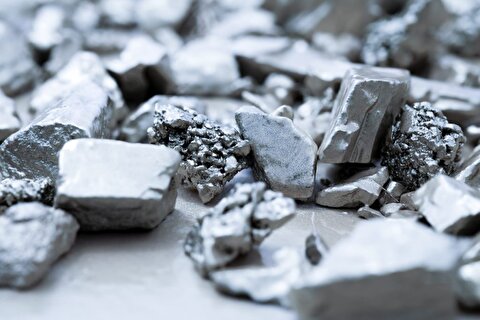
Platinum price surges to 11-year high on supply concerns

Copper price surges to highest since March record
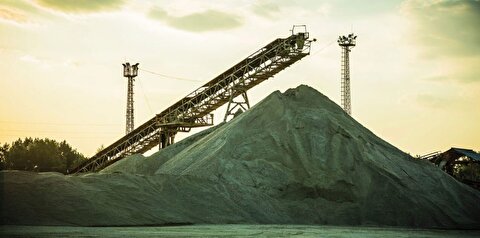
Energy Fuels’ rare earth JV in Australia receives regulatory OK

CHART: The brutal economics of EV battery lithium
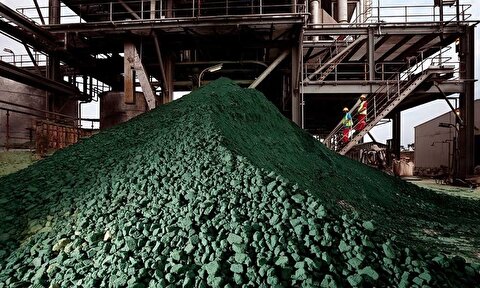
Cobalt price surges after Congo extends ban
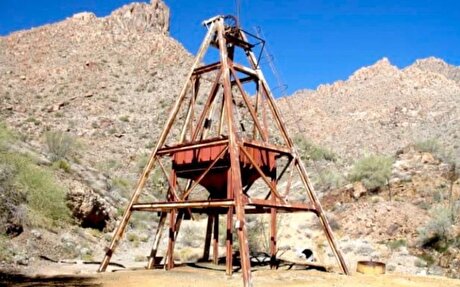
Central Asia Metals ups offer for New World Resources to fend off Kinterra

Gold price falls 2% on US-China trade agreement

Kenorland options three gold projects in Ontario to Centerra
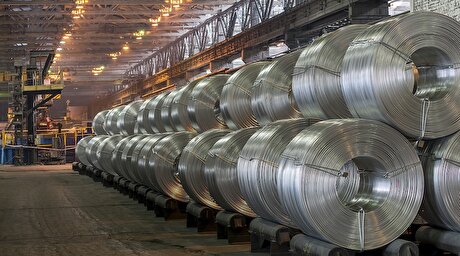
Russia base metals sales to China surge, signaling deep reliance
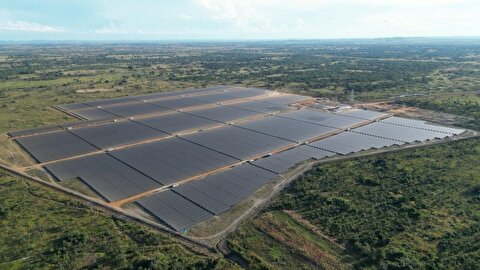
Zambia launches 100MW solar plant supplying First Quantum Minerals
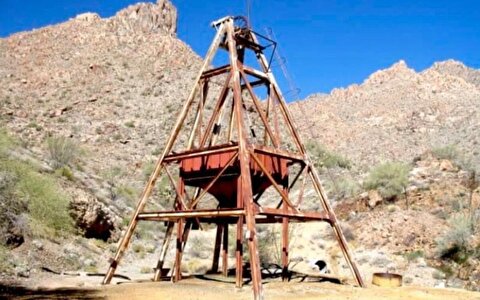
Kinterra matches Central Asia’s bid for New World
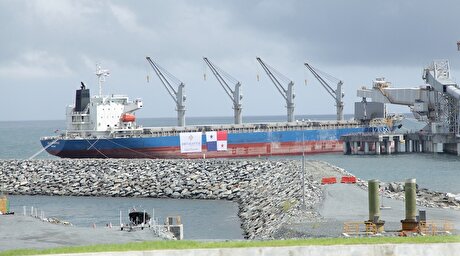
Panama ships part of stockpiled copper out of closed First Quantum mine
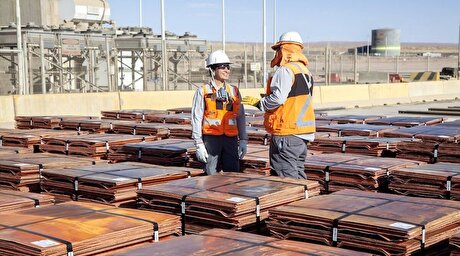
Chile delivers biggest copper output this year in tight market
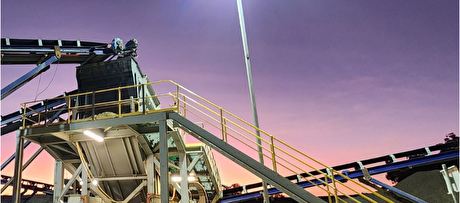
EQ Resources receives EXIM letter of interest for Mt Carbine tungsten project in Queensland

Gold price rises on dollar weakness, focus on US data ahead
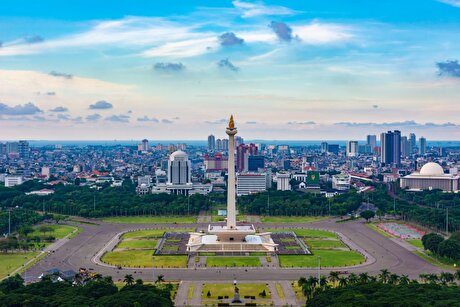
Indonesia offers US critical minerals joint investment as part of tariff talks
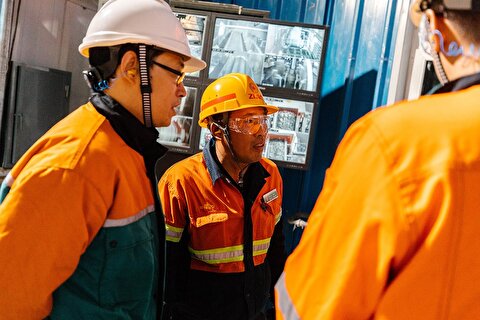
Zijin Mining to acquire Kazakh gold mine in $1.2B deal

Researchers develop sustainable method to extract gold from ore and electronic waste

Russia base metals sales to China surge, signaling deep reliance

Zambia launches 100MW solar plant supplying First Quantum Minerals

Kinterra matches Central Asia’s bid for New World

Panama ships part of stockpiled copper out of closed First Quantum mine

Chile delivers biggest copper output this year in tight market

EQ Resources receives EXIM letter of interest for Mt Carbine tungsten project in Queensland

Gold price rises on dollar weakness, focus on US data ahead

Indonesia offers US critical minerals joint investment as part of tariff talks

Zijin Mining to acquire Kazakh gold mine in $1.2B deal












